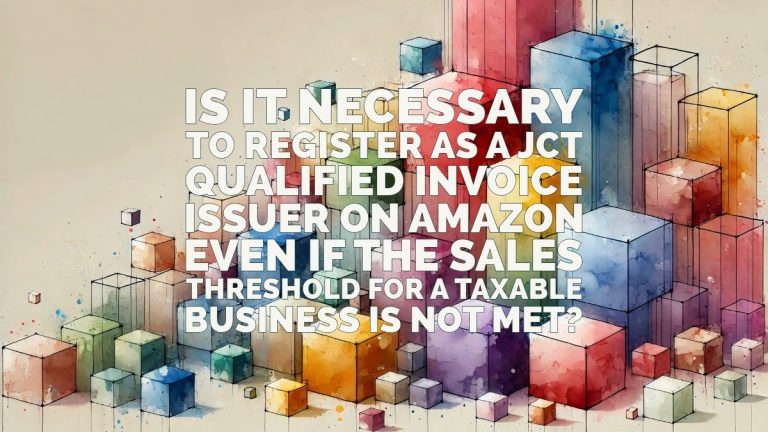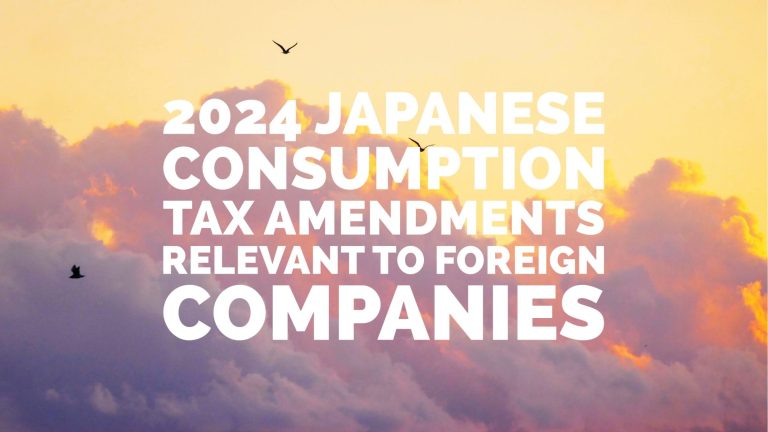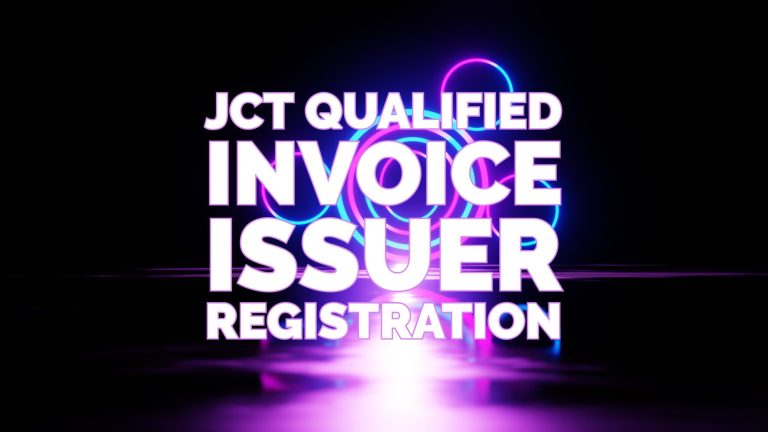For overseas companies entering the Japanese market, import procedures and compliance with Japanese Consumption Tax (JCT) are major challenges.
This article explains the basics of the Attorney for Customs Procedures (ACP) system and the input tax credit on import consumption tax, and outlines how our firm can support you.
Tax and Customs Compliance Required for Overseas Businesses in Japan
For overseas companies entering Japan to provide goods or services, customs procedures and Japanese Consumption Tax (JCT) are unavoidable challenges.
In particular, companies without a domestic presence (PE) cannot complete import procedures in their own name, and may not be able to claim input tax credits on consumption tax paid at import (import consumption tax).
The Attorney for Customs Procedures (ACP) system is attracting attention as a way to address these challenges.
What Is the Attorney for Customs Procedures (ACP) System?
The Attorney for Customs Procedures (ACP) system (Customs Act Article 95) allows non-residents to appoint a resident in Japan as their agent to file import declarations.
By appointing an ACP, an overseas company can be recognized as the Importer of Record (IOR) and complete customs procedures in its own name.
Since October 2023, Japan Customs has clarified the eligibility of IORs, making it difficult for non-residents to designate third parties (such as logistics providers) as nominal IORs.
Appointing an ACP is practically essential to become the importer. For more background and requirements, see the following article:
How to Meet ACP / IOR Requirements to Deduct Import Consumption Taxes when Exporting to Japan
Input Tax Credit on Import Consumption Tax Limited to Import Declarants
Under Japan’s Consumption Tax Act, consumption tax on imported goods (import consumption tax) is levied on the entity that removes the goods from the bonded area, and only that entity can claim the input tax credit.
Simply outsourcing import procedures to a forwarder or customs broker does not allow a foreign company to claim the tax credit.
The importer must be the overseas company itself through its appointed “agent” or “ACP,” not the customs broker.
Benefits of Using the ACP System
By appointing an ACP, overseas companies can act as the official importer, pay consumption tax “in their own name” at the time of import, and subsequently claim the input tax credit through their JCT filing.
In addition, customs procedures, cost management, and inventory management can be placed under their own control, providing significant advantages for cross-border e-commerce and sales to the Japanese market.
Compliance with the JCT Invoice System Is Also Essential
With the introduction of the Invoice System in October 2023, domestic business partners may require overseas companies to be registered as a JCT Qualified Invoice Issuer to allow them to claim input tax credits.
Also, by obtaining JCT registration, a company becomes a taxable enterprise and can be refunded the import consumption tax paid at import via the ACP.
Remaining JCT tax-exempt means that the import consumption tax paid at import cannot be recovered, so planning for “ACP + JCT registration” from the business planning stage is important.
The illustrative example below compares cases where ACP and JCT registration are properly completed and cases where they are not.
Illustrative Cost Difference with and without ACP + JCT Registration
Assumptions:
Taxable value: USD 350,000 (approx. JPY 50 million)
Consumption tax rate: 10%
Import consumption tax: approx. JPY 5 million (JPY 50 million × 10%)
| Item | With ACP + JCT Registration | Without ACP + JCT Registration |
|---|---|---|
| Taxable Value | 350,000 USD (approx. JPY 50 million) | 350,000 USD (approx. JPY 50 million) |
| Import Consumption Tax (10%) | approx. JPY 5 million | approx. JPY 5 million |
| Refund (Input Tax Credit) | Available (up to approx. JPY 5 million) | Not Available |
| Effective Cost Difference | Up to approx. JPY 5 million saved | approx. JPY 5 million fixed as cost |
Key Point: Even with identical imports, whether the company itself is the import declarant and registered as a JCT taxable enterprise can create a meaningful difference. The larger the transaction volume, the greater the impact.
The above is a simplified illustrative example. ACP fees, JCT compliance costs, and professional fees are not reflected.
Our One-Stop Practical Support: ACP + Tax Compliance
We provide comprehensive support to help overseas companies operate smoothly in Japan, including:
- Assistance with appointing and registering an Attorney for Customs Procedures (ACP)
- Support with JCT registration and consumption tax filing
- Assistance with input tax credit and refunds of import consumption tax
With this support, foreign companies can manage import, sales, and tax compliance entirely under their own control, even without a physical presence in Japan.
ACP + JCT Compliance as the Key to Entering the Japanese Market
By leveraging the ACP system, overseas businesses can not only claim input tax credits on import consumption tax but also gain transparency and cost control over logistics and tax operations.
We provide integrated support for these processes to help you expand your business in Japan efficiently and in full compliance with Japanese regulations.
If your company is considering entry into Japan or needs assistance with import operations and JCT compliance, please contact us via our inquiry form.
Related Posts
- Japanese Tax Authorities Releases FAQ (Ver9) on Crypto Taxes
- Japanese Tax Authorities Releases FAQ (Ver8) on Crypto Taxes
- Japanese Tax Authorities Releases FAQ (Ver7) on Crypto Taxes
- How to Meet ACP / IOR Requirements to Deduct Import Consumption Taxes when Exporting to Japan
- Japanese Tax Authorities Releases FAQ on NFT Taxes










